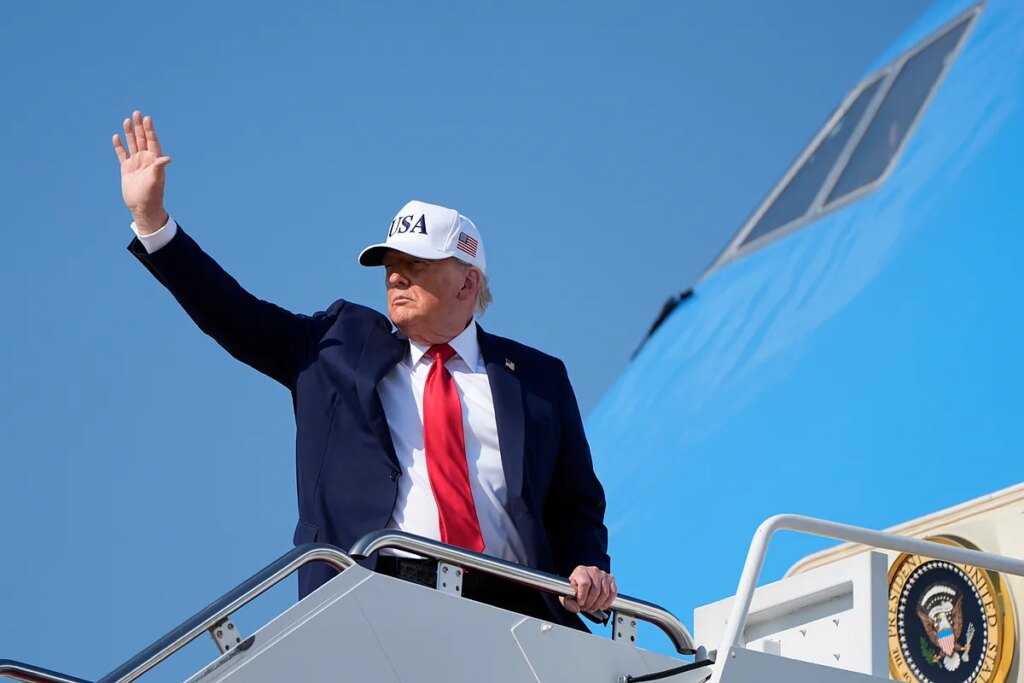The Washington Commanders are at a pivotal crossroads, not just on the field, but off it. Fresh off drafting promising quarterback Jayden Daniels, the franchise is now focused on a return to its historic roots at the old RFK Stadium site.
However, political resistance in Washington, D.C. could put that ambitious plan in jeopardy-leading team leadership to consider an unexpected option: President Donald Trump.
Commanders ownership, under Josh Harris, has proposed a massive $3.7 billion redevelopment of the RFK campus. This includes a cutting-edge, roofed stadium with a 65,000-seat capacity, alongside a larger entertainment district offering retail, recreation, and up to 6,000 residential units.
While the team is prepared to invest $2.7 billion of private funding, they are also requesting $1 billion in public investment from the District.
Negotiations are ongoing, but D.C. leaders remain divided. Only a slim majority of the D.C. Council supports the stadium deal, and Mayor Muriel Bowser recently rated her concern at a “four out of five,” reflecting the uncertainty surrounding the project’s future.
A decision is needed before the D.C. Council recesses in mid-July, putting added pressure on all parties involved.
Trump seen as backup plan if city support falters
If the council fails to move forward with the proposal, reports suggest that the Commanders may seek Donald Trump’s support as a last-ditch effort to secure the deal.
The team has already hosted a private dinner with council members to build support, but with the deadline approaching and public funding still uncertain, Trump’s influence could be seen as a valuable asset.
Trump has publicly expressed support for professional sports infrastructure in the past and could use his political network or public platform to sway opinions-especially if federal legislation or land control becomes a hurdle. His endorsement might also energize certain political factions or bring renewed attention to the project.
Meanwhile, demolition of the old RFK Stadium is already underway, and the land was transferred to the District earlier this year under federal legislation.
The goal is to begin construction by 2026 and open the new stadium by 2030, but those timelines depend heavily on securing approval and funding soon.
If the Commanders do play their “Trump card,” it would mark an unprecedented political twist in NFL history-tying one of America’s most-watched sports franchises to one of its most polarizing political figures.
Whether it’s enough to bring the team home remains to be seen, but one thing is clear: the next few weeks are critical for the future of football in the nation’s capital.
Read the full article here

